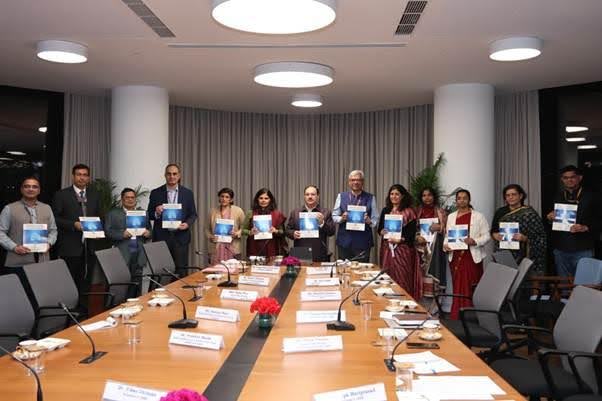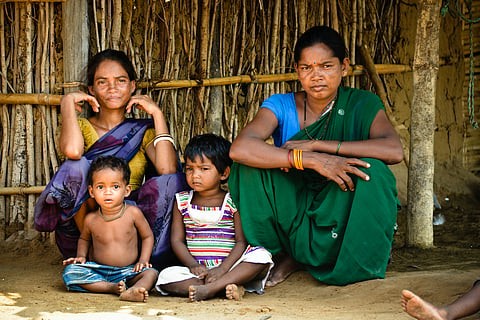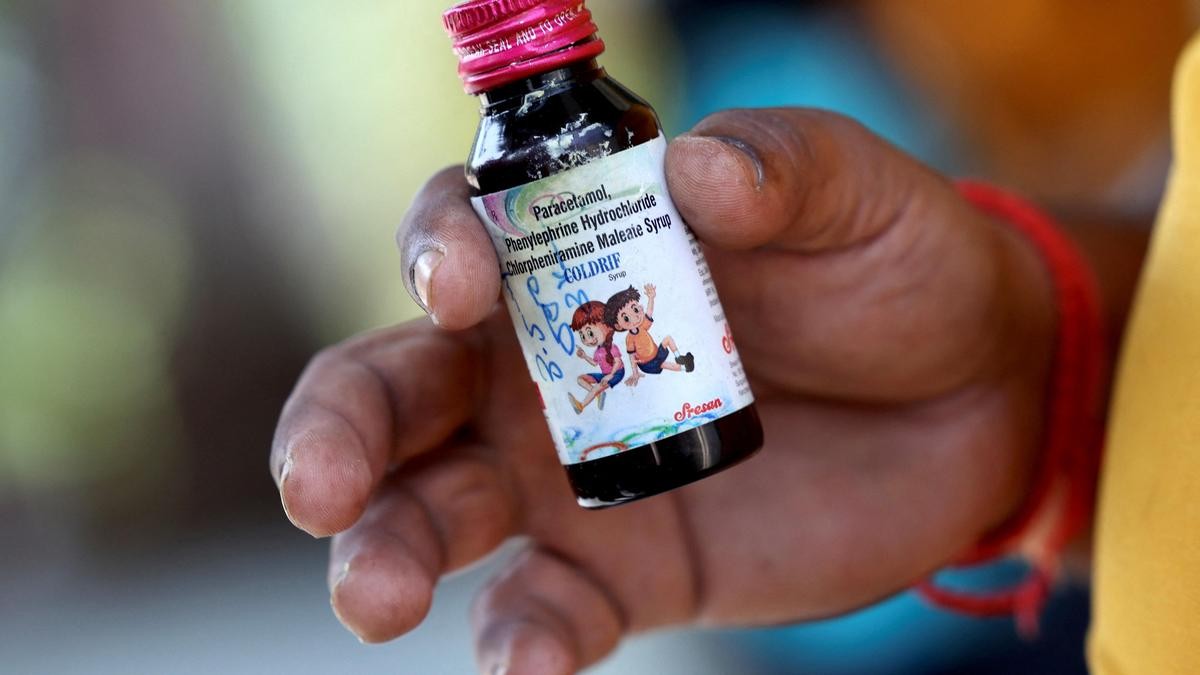




Source: PIB
Disclaimer: Copyright infringement not intended
Medical Assessment & Rating Board, Indian Systems of Medicine (MARB-ISM), National Commission for Indian System of Medicine (NCISM) conducted a workshop for drafting Ayurveda Process Handbook.
The Medical Assessment & Rating Board is entrusted with the responsibility of determining the process of assessment of ASU institutions as per NCISM Act 2020.
Section |
Details |
|
Introduction |
|
|
Vision and Mission of NCISM |
|
India is one of the countries that have developed services of traditional medicine through the official planning process of the health service system.
Key Systems: https://www.iasgyan.in/daily-current-affairs/siddha
The Government of India has established a separate Ministry of Ayurveda, Yoga & Naturopathy, Unani, Siddha, and Homoeopathy (AYUSH) to cater to the needs of the traditional medicine.
The Ministry of AYUSH was originally set up as a separate Department of Indian Systems of Medicine & Homoeopathy (ISM&H) in 1995 with the mandate to formulate policies for development of Ayurveda, Yoga & Naturopathy, Unani, Siddha and Homoeopathy (AYUSH), their propagation and promotion within and outside the country.
The Department of ISM&H was renamed as Department of AYUSH in 2003. In November, 2014, the Department of AYUSH was elevated as a separate full-fledged Ministry of AYUSH.
National Policy on Indian Systems of Medicine & Homoeopathy, 2002 and National Health Policy, 2017 envisages access to AYUSH remedies through co-location of AYUSH facilities in public health care facilities and establish a robust and effective quality control mechanism for AYUSH drugs. The Policy also recognizes the need to nurture AYUSH system of medicine, through development of infrastructural facilities of teaching institutions, improving quality control of drugs, capacity building of institutions and professionals.
The matters related to education and practices are regulated through the regulators like Central Council of Indian Medicine (CCIM) and Central Council of Homoeopathy (CCH), which are the statutory bodies established under the provisions of the legislations.
Regulation of Ayurveda, Siddha, Unani, and Homoeopathic (ASU&H) medicines in India is governed under the provisions of Drugs & Cosmetics Act 1940 and the Rules thereunder. There is a separate chapter in the Act dedicated to regulatory provisions for ASU medicines, whereas the provisions for homeopathic medicines are almost the same as for allopathic drugs. Compliance to Good Manufacturing Practices is mandatory for obtaining a manufacturing license.
Pharmacopoeia Commission for Indian Medicine and Homoeopathy has been established as an umbrella organization for Pharmacopoeia committees in Ayurveda, Unani, Siddha, and Homoeopathy. The Pharmacopoeia Commission is mandated for publication and revision of Ayurveda, Siddha, Unani, and Homoeopathy Pharmacopoeia, and Formularies of India.
Read about traditional medicines: https://www.iasgyan.in/daily-current-affairs/who-global-summit-on-traditional-medicine
Sources:
|
PRACTICE QUESTION Q:How is the Government of India protecting traditional knowledge of medicine from patenting by pharmaceutical companies? (250 words) |







© 2026 iasgyan. All right reserved